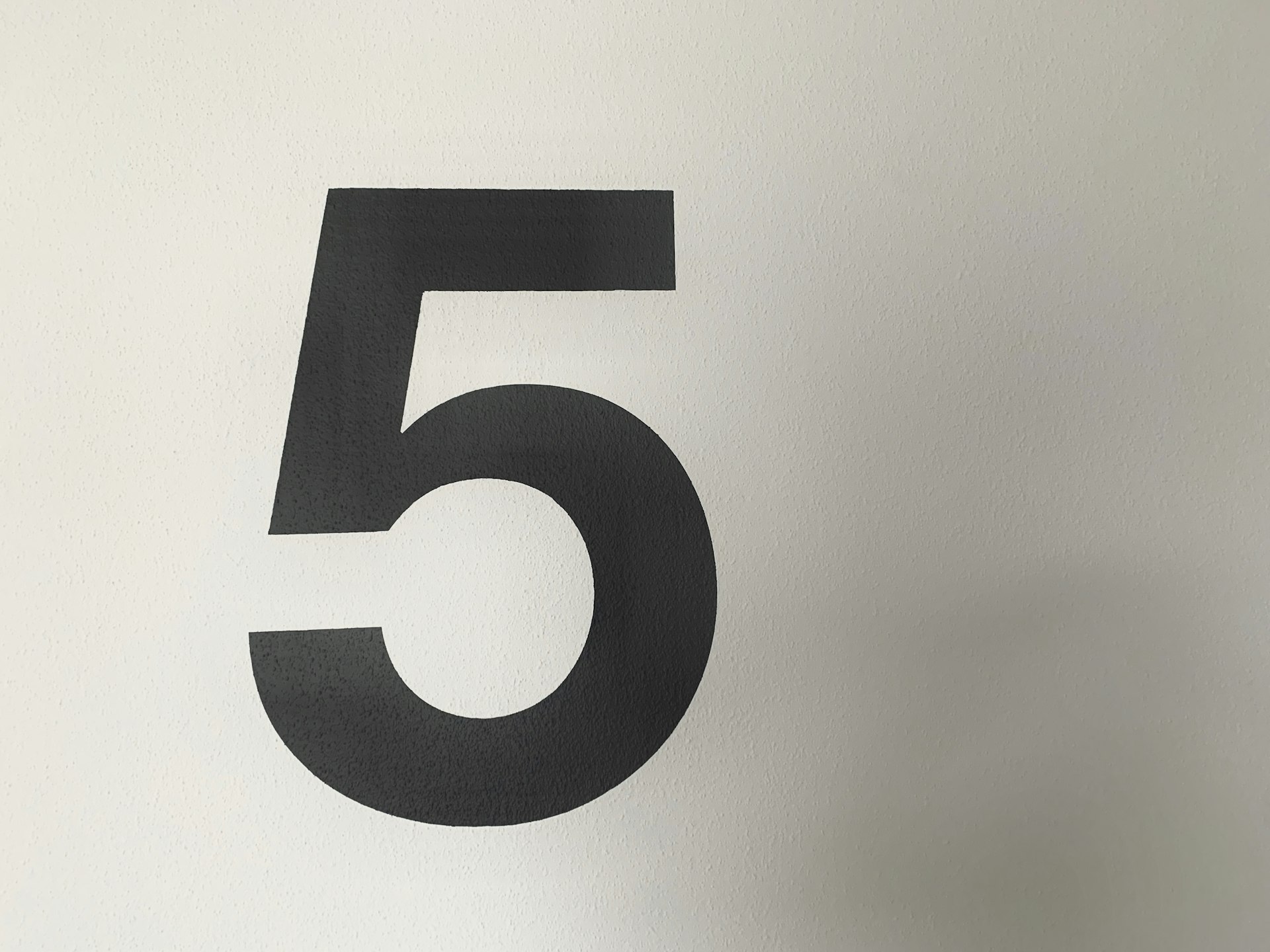Understanding Drug Laws and Enforcement in San Francisco: What Residents Need to Know in 2025

Photo by Philipp Hofmann on Unsplash
Introduction: Navigating Drug Laws in San Francisco
San Francisco’s approach to drug policy has undergone significant changes in recent years, reflecting both local priorities and broader shifts in California law. Residents and visitors often ask whether drugs are legal in San Francisco-a question with complex answers shaped by evolving policies, new enforcement strategies, and a growing focus on recovery. This article explains the current legal landscape, practical implications, and how individuals can access services or support if affected by drug-related issues.
Are Drugs Legal in San Francisco?
Drugs are not legal in San Francisco. Possession, use, and distribution of controlled substances-including fentanyl, heroin, methamphetamine, cocaine, and prescription drugs without a valid prescription-remain illegal under both California state law and local ordinances. Recent reforms have increased penalties and expanded law enforcement efforts, especially for high-risk drugs such as fentanyl [1] . Marijuana is legal for adults over 21, but regulations still apply regarding purchase and public consumption.
Recent Changes in Drug Enforcement and Policy
San Francisco is shifting away from purely harm-reduction strategies and toward a model that emphasizes treatment and long-term remission. In 2024, the Board of Supervisors passed a “Recovery First” ordinance, setting the city’s goal to help people achieve sustained recovery from addiction. Mayor Daniel Lurie has scaled back public distribution of harm-reduction supplies, such as syringes and pipes, and increased arrests for both users and dealers [2] . Nonprofit organizations can still offer harm-reduction services, but only indoors and with requirements to connect users with treatment and recovery programs [3] .
California’s 2025 Drug Laws: New Penalties and Provisions
California has enacted stricter laws in 2025, especially targeting fentanyl and repeat drug offenses. Under Proposition 36:
- Possession of fentanyl-even small amounts-now carries mandatory prison sentences : – Under 1 gram: 2-4 years – 1-4 grams: 3-6 years – 4-20 grams: 5-8 years – Over 20 grams: 7-12 years – Intent to sell: Additional 3-year enhancement
- If someone dies from fentanyl supplied by you, prosecutors can charge you with murder .
- Prior arrests and patterns of drug involvement can count against defendants.
San Francisco prosecutors, led by District Attorney Brooke Jenkins, now file charges under Prop 36 for repeat offenders when prior convictions occurred within five years. Drug arrests have increased, with over 1,200 people arrested for drug use between 2023 and 2024 [4] .
What Does This Mean for Residents and Visitors?
Individuals found in possession of illegal drugs in San Francisco face criminal charges, and recent legal changes increase the likelihood of felony prosecution, especially for repeat offenders and those caught with fentanyl. Public drug use remains illegal and is subject to arrest. While some harm-reduction services are still available, they now require participation in treatment programs and are offered only in controlled, indoor settings. The city is expanding access to treatment beds and recovery support, but enforcement is stricter than it was in previous years [3] .
Practical Steps: What to Do If You Need Help
If you or someone you know is struggling with addiction or facing drug-related charges, several pathways are available:
- Seeking Treatment: The San Francisco Department of Public Health funds addiction recovery programs. You can search for “San Francisco substance use treatment” or visit the department’s official website for a list of providers. Many nonprofits offer confidential support and referrals.
- Legal Assistance: If you are charged with a drug offense, consider contacting a qualified criminal defense attorney who specializes in California drug laws. Many legal aid organizations offer free or low-cost consultations; search for “San Francisco legal aid” or “California drug defense lawyer” for options.
- Harm Reduction Services: While public distribution of supplies has been restricted, organizations such as the San Francisco AIDS Foundation and GLIDE continue to operate harm-reduction programs indoors. These services often include counseling and connections to recovery resources.
- Emergency Support: For overdose emergencies, call 911. The city provides training on naloxone (Narcan) use through public health agencies and select community organizations.
For verified information about available programs, visit the San Francisco Department of Public Health website or contact your local health center. You may also search for “California Department of Public Health substance use services” to find statewide resources.
Implementation Guidance: Navigating the System
Individuals facing drug-related challenges can take several steps to protect themselves and access support:
- Educate Yourself: Review current laws and city policies, especially those related to Proposition 36. Stay informed about which offenses are prosecuted as felonies and the sentencing guidelines for fentanyl and other drugs.
- Seek Early Intervention: If you or a loved one is at risk, contact substance use professionals as soon as possible. Early engagement increases the chance of avoiding criminal charges and improves recovery outcomes.
- Document Your Situation: If facing legal charges, maintain records of communications, prescriptions (if applicable), and any participation in treatment or recovery programs. These can be helpful in building a defense.
- Consider Alternative Programs: San Francisco supports diversion programs for some offenders, allowing participation in treatment instead of jail time. Ask your attorney or the court about eligibility.
- Know Your Rights: If arrested, exercise your right to remain silent and request legal counsel. Do not consent to searches or interrogations without an attorney present.
For more information about navigating legal and recovery systems, consult the San Francisco Public Defender’s Office or search for “San Francisco drug diversion programs.” These agencies can provide step-by-step guidance and referrals.
Challenges and Solutions
San Francisco’s drug crisis has generated debate over the best approaches to treatment, harm reduction, and law enforcement. While stricter penalties aim to deter dangerous drug use and trafficking, critics argue that aggressive prosecution risks criminalizing addiction and exacerbating homelessness. The city is attempting to balance these concerns by expanding treatment options and focusing on recovery, but challenges remain, including limited capacity in recovery facilities and persistent stigma.
For individuals, the best solution is to seek help early, stay informed about legal changes, and utilize available services. If you encounter barriers, document your experiences and reach out to advocacy groups-many work directly with city officials to improve access and address gaps in service.
Alternative Approaches: Regional and Statewide Resources
In addition to local services, California offers statewide programs for substance use treatment and legal defense. Consider contacting the California Department of Public Health or searching for “California drug treatment” to find comprehensive resources. Many counties provide additional support for recovery, legal aid, and harm reduction, which may supplement San Francisco’s offerings.
For those seeking alternatives to traditional treatment, some nonprofit organizations offer peer support, housing assistance, and vocational training for individuals in recovery. Look for “San Francisco recovery community organizations” or “California peer support groups” for more options.
Key Takeaways
Drugs remain illegal in San Francisco, and enforcement has become stricter in recent years, particularly in response to the opioid crisis and rising fentanyl-related deaths. While harm-reduction services are still available, they are now paired with mandatory counseling and a push for recovery. Residents and visitors should review current laws, seek help early if needed, and use official channels for legal and health-related support. Navigating these systems requires awareness of recent changes and proactive engagement with trusted organizations and agencies.

Photo by Cedric Letsch on Unsplash
References
- [1] Melkonyan Law Firm (2025). California’s 2025 Theft and Drug Laws: New Penalties
- [2] KQED (2024). San Francisco Has A New Drug Policy Goal: Long-Term Remission
- [3] City Journal (2024). San Francisco’s Radical Drug Policy Is Finally Coming to an End
- [4] San Francisco Chronicle (2024). Here’s how California’s Prop 36 is working so far



